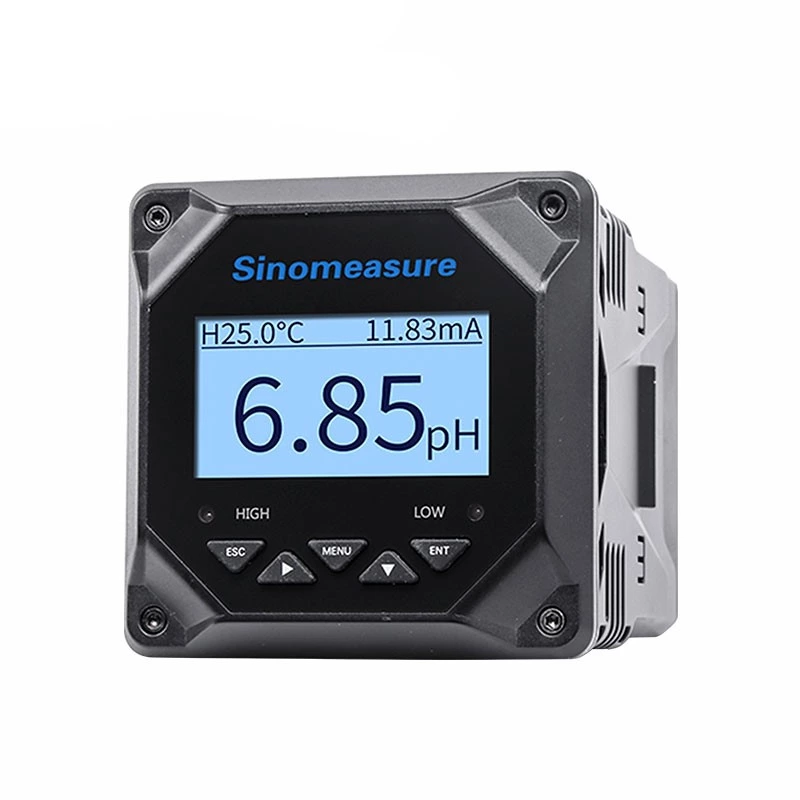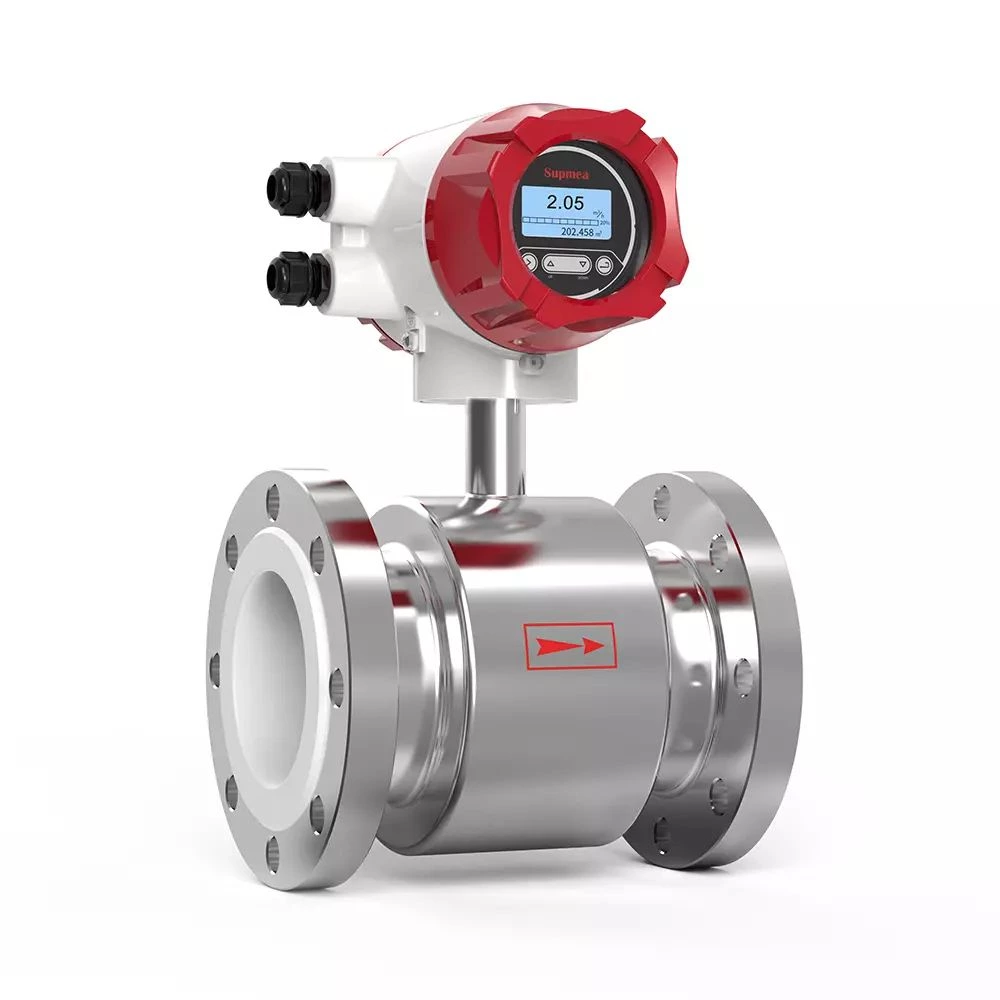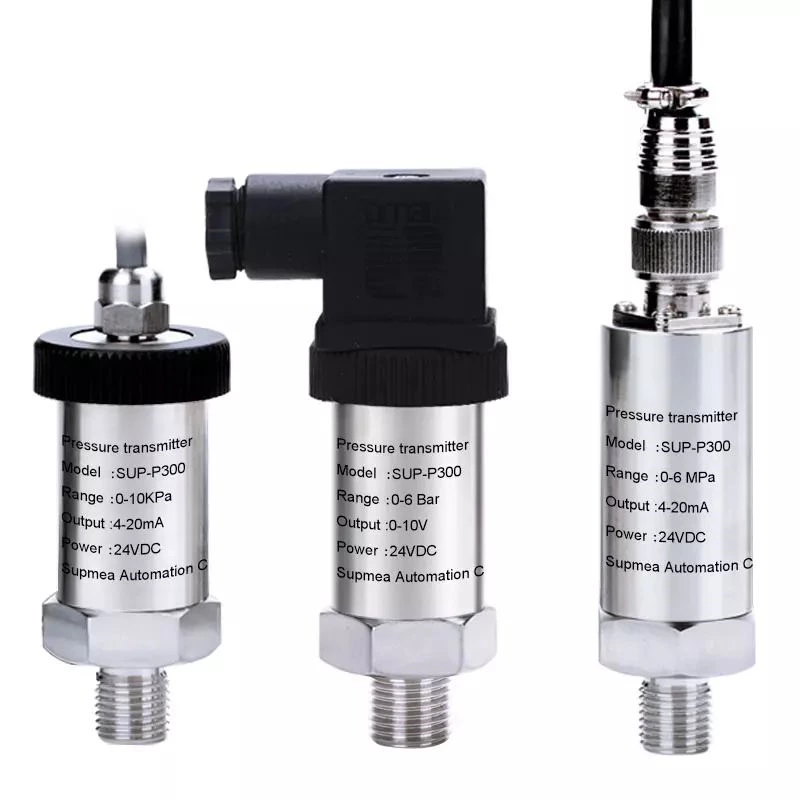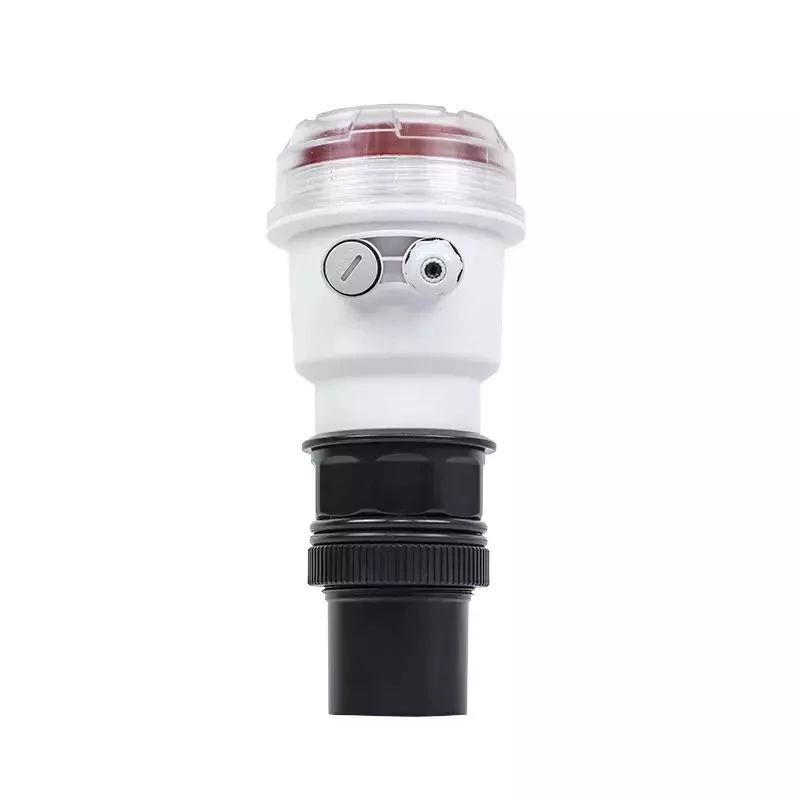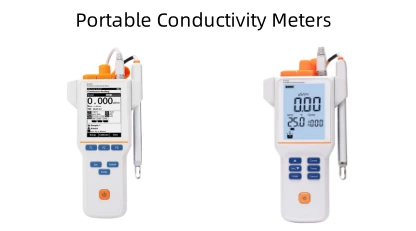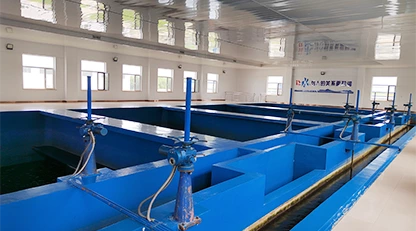Introduction
In today's world, accurate pH measurement is crucial in various fields, such as agriculture, environmental monitoring, food processing, and scientific research. pH meters are essential tools that help us determine the acidity or alkalinity of a substance, enabling us to make informed decisions. In this article, we will explore the importance of pH measurement, understand pH meters, discuss factors to consider when choosing a portable pH meter, review the top 5 portable pH meters, provide tips for accurate measurements, and share common mistakes to avoid. So, let's dive in and find the best portable pH meter for your needs.
Importance of pH Measurement
pH measurement plays a significant role in many industries and applications. It helps in determining the quality of water, soil, and food products. For example, in agriculture, the pH level of soil directly affects the growth and nutrient absorption of plants. In laboratories, pH measurement is vital for conducting accurate scientific experiments. Additionally, in industries like brewing and winemaking, maintaining the right pH level is crucial for the desired taste and quality of the final product.
Understanding pH Meters
pH meters are sophisticated instruments designed to measure the concentration of hydrogen ions in a solution, which determines its acidity or alkalinity. They consist of a probe, which is dipped into the sample, and an electronic meter that displays the pH value. The probe contains a glass electrode that responds to changes in hydrogen ion concentration and generates an electrical signal, which is converted into a pH value by the meter.
Factors to Consider
When selecting a portable pH meter, several factors should be taken into account. Firstly, consider the accuracy and precision of the meter. A reliable pH meter should provide accurate readings consistently. Secondly, the range of pH values the meter can measure is essential, as different applications require different pH ranges. Next, consider the resolution of the meter, which determines the smallest pH difference the meter can detect. Other factors to consider include durability, ease of use, portability, and cost.
Types of Portable pH Meters
There are various types of portable pH meters available in the market. Some common types include pen-style pH meters, handheld pH meters, and pocket pH meters. Pen-style pH meters are compact and easy to carry, making them suitable for on-the-go measurements. Handheld pH meters offer more advanced features and often come with additional measurement capabilities. Pocket pH meters are small, budget-friendly options that are convenient for basic pH measurements.
Features to Look for
When choosing a portable pH meter, consider the following features. Automatic temperature compensation (ATC) is crucial, as it adjusts the pH reading based on the sample's temperature. Calibration options are important, with single-point and multi-point calibration being common choices. Look for a pH meter with a clear and readable display, as well as a sturdy and waterproof design for durability. Some meters may also offer additional features like data logging, USB connectivity, and compatibility with smart devices.

Tips for Accurate pH Measurements
To ensure accurate pH measurements, follow these tips:
- Always calibrate your pH meter before use using appropriate calibration solutions.
- Handle the electrode with care and keep it clean to prevent contamination.
- Allow the electrode to stabilize in the sample for accurate readings.
- Stir the sample gently to ensure proper mixing and uniform pH distribution.
- Rinse the electrode with distilled water between measurements to avoid cross-contamination.
Maintenance and Calibration
Regular maintenance and calibration are essential to keep your portable pH meter in optimal condition. Clean the electrode after each use and store it properly. Perform regular calibration using pH calibration solutions as per the manufacturer's instructions. If the readings become inconsistent or inaccurate, it may be time to replace the electrode or recalibrate the meter.
Common Mistakes to Avoid
When using a portable pH meter, avoid these common mistakes:
- Neglecting calibration, which leads to inaccurate readings.
- Using expired or incorrect calibration solutions.
- Touching the electrode with bare hands, as oils and dirt can affect readings.
- Not cleaning the electrode thoroughly, resulting in contamination.
- Ignoring the sample temperature, which can influence pH readings.
Conclusion
Choosing the right portable pH meter is crucial for obtaining accurate measurements in various applications. Consider factors such as accuracy, pH range, resolution, and features when making your decision. The top 5 portable pH meters we reviewed offer a range of options to suit different needs and budgets. Remember to follow best practices for accurate measurements, proper maintenance, and calibration. With the right portable pH meter, you can confidently measure pH levels and make informed decisions in your field of work.
FAQs
Q1: How often should I calibrate my portable pH meter?
A1: It is recommended to calibrate your pH meter before each use and periodically during longer measurement sessions.
Q2: Can I use a portable pH meter for soil pH measurements?
A2: Yes, many portable pH meters are suitable for soil pH measurements. Ensure you choose a model with an appropriate pH range and electrode for soil applications.
Q3: Are pH meters waterproof?
A3: Not all pH meters are waterproof. If you require waterproof capabilities, look for models specifically designed for such environments.
Q4: How do I know if my pH meter's electrode needs replacement?
A4: If you notice a significant decrease in accuracy or irregular readings, it may be time to replace the electrode. Refer to the manufacturer's guidelines for specific recommendations.
Q5: Can I use a portable pH meter for testing the pH of beverages?
A5: Yes, portable pH meters are commonly used for testing the pH of beverages like wine, beer, or juice. Ensure the pH meter you choose has a suitable pH range for your specific beverage.

